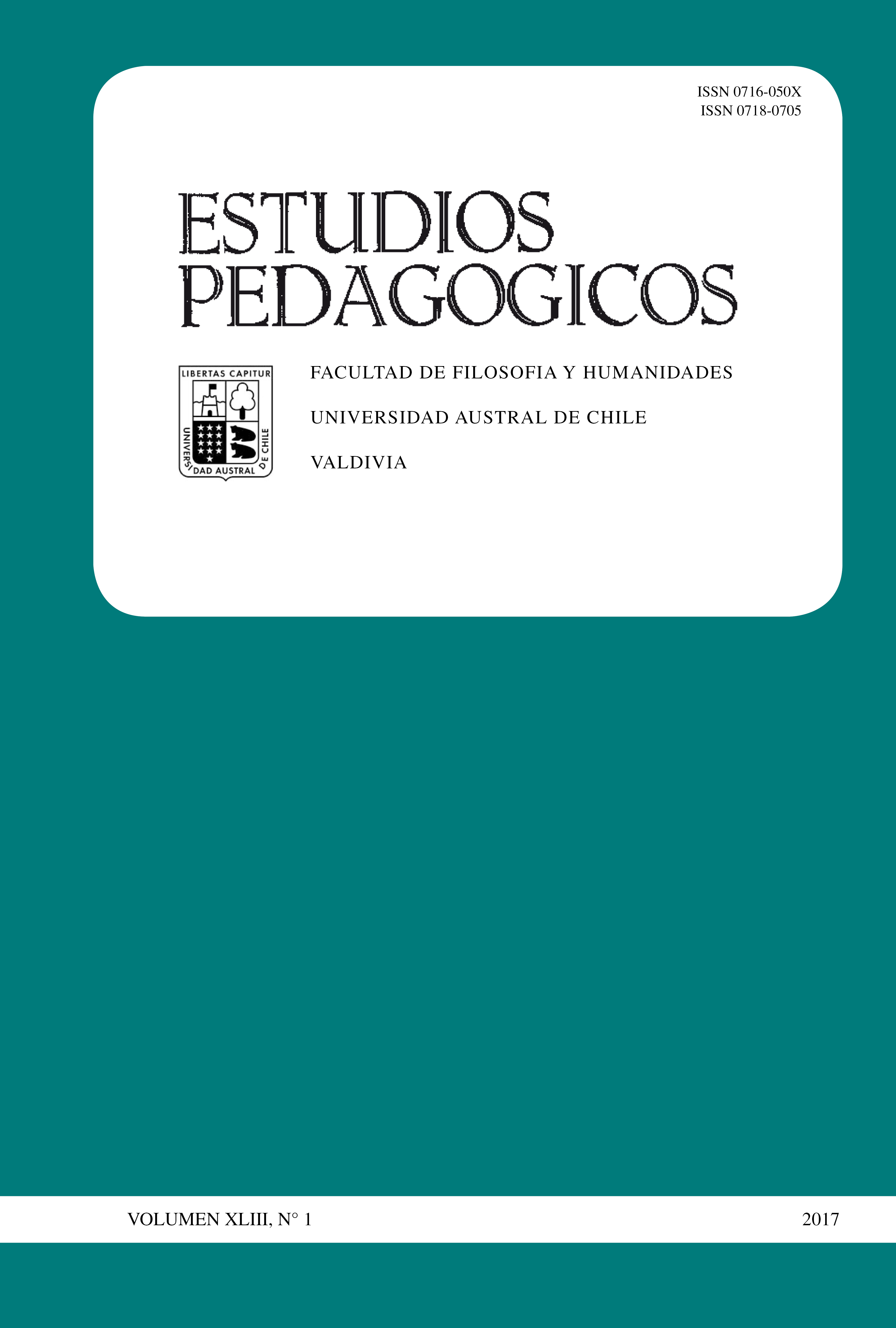Leadership for school improvement in vulnerable schools: leadership practices associated to goal achievement
Main Article Content
Abstract
The Preferencial School Subsidy involves additional funding for schools according to the number of vulnerable students; at the same time, it sets highly demanding learning goals and modifies existing leadership practices. This study aims to identify the leadership practices of school principals and of mid-level administrators associated to goal attainment through the analysis of the distribution of these practices inside and outside school. The study uses a mixed methodology, with a quantitative phase (questionnaires) and a qualitative phase (interviews in 8 schools), in a sample of 204 school of the first group that participated in the SEP program located in the Santiago, Región Metropolitana. Results show that the school administration practice of observing classes and providing feedback to teachers increases the probability of attaining the goal. On the other hand, schools in which mid-level administrators centralize the decision-making, provide limited spaces of autonomy to principals and teachers, reducing the probabilities of attaining the goal.

